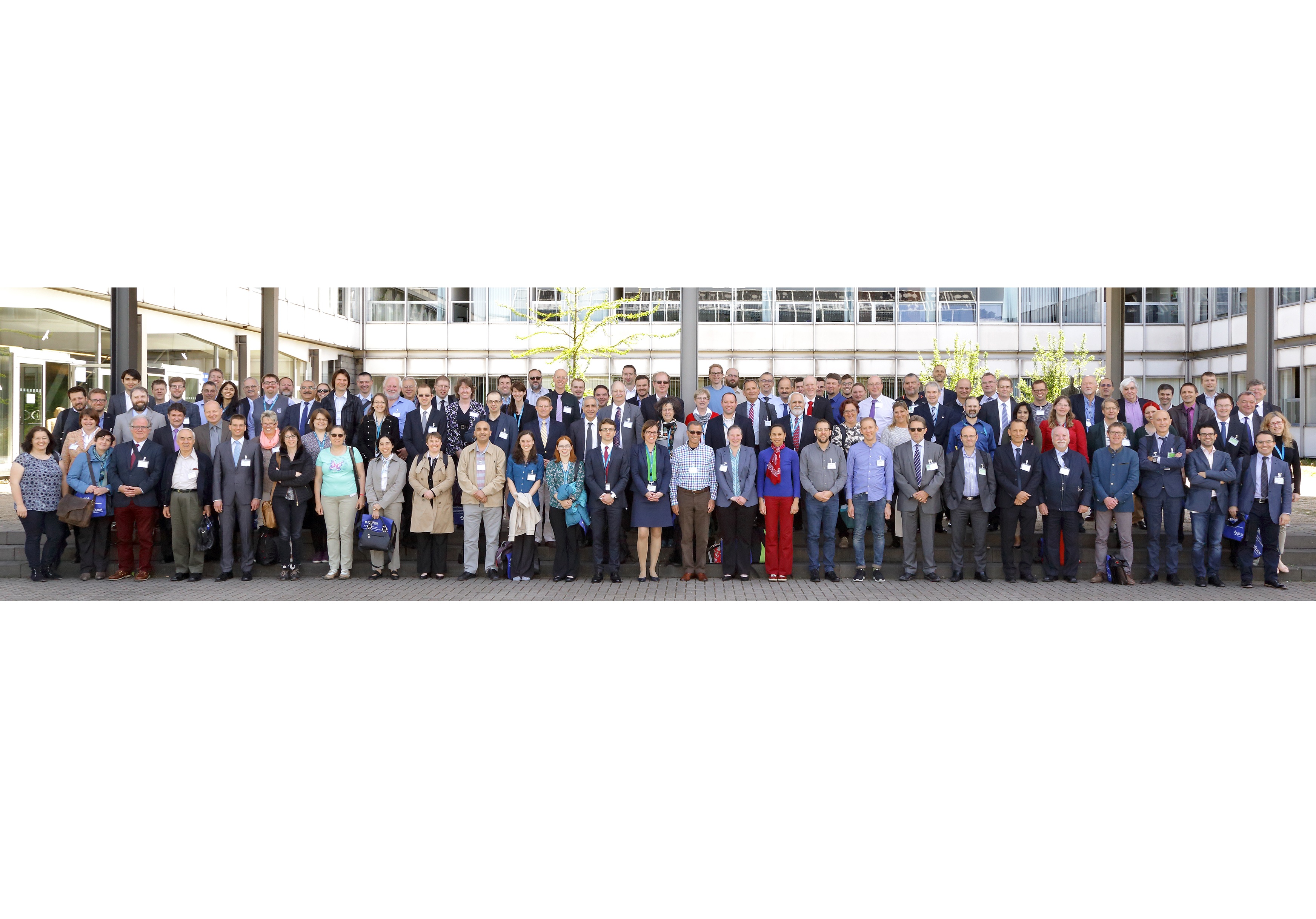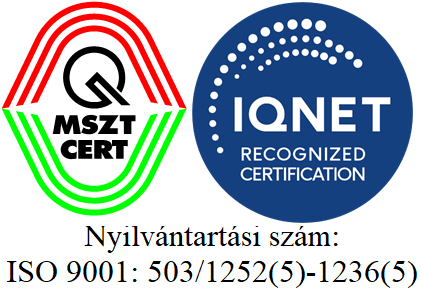Symposium on the Nuclear Safeguards System: present and future
2017.06.21

On 15-18 May, 2017, the Symposium and the 39th Anniversary Meeting of the ESARDA (European Safeguards Research and Development Association) was held in Germany with nearly 200 participants. Hungary was represented by Mr Árpád Vincze, head of department and Ms Hedvig Éva Nagy, nuclear safeguards inspector from the Hungarian Atomic Energy Authority.
The European Safeguards Research
and Development Association, ESARDA, congregates European organizations
acting in the field of nuclear safeguards, including members of national
authorities, nuclear facilities and research centres.
The main mission of the
ESARDA is to support the activity of the European Safeguard Community:
development of safeguard systems, increasing the efficiency of the systems
and devices as well as the development and application of new techniques.
Further tasks of the ESARDA include providing the public with authentic
information on nuclear safeguards issues.
The Hungarian Atomic Energy
Authority has been actively involved in the activities of the organization:
between 2011 and 2012, HAEA gave the president of ESARDA, and the Hungarian
authority regularly delegates chairmen to the working groups and members
to the Editorial Board of the organization.
The first day of the event
started with meetings of the Executive Board, the Steering Committee and
working groups. The HAEA is honoured to delegate one of its experts
to the five-member Executive Board.
The conference was opened
by the President of the Organization, Irmgard Niemeyer and Filippo Sevini,
ESARDA Secretary. After the Plenary Session, several different agendas
were discussed simultaneously (implementation of safeguards, destructive
analysis, non-destructive analysis, gamma measurements, international collaboration,
geological repositories,
surveillance
and containment, etc.).
In addition to the presentations,
a panel discussion took place on the occasion of the twenty-year anniversary
of the Additional Protocol, with the participation of the International
Atomic Energy Agency and the European Commission as well as representatives
of ten countries, including Hungary, in order to present what benefits,
difficulties and challenges are posed by the Additional Protocol to member
states.



 ©HAEA - All rights reserved
©HAEA - All rights reserved